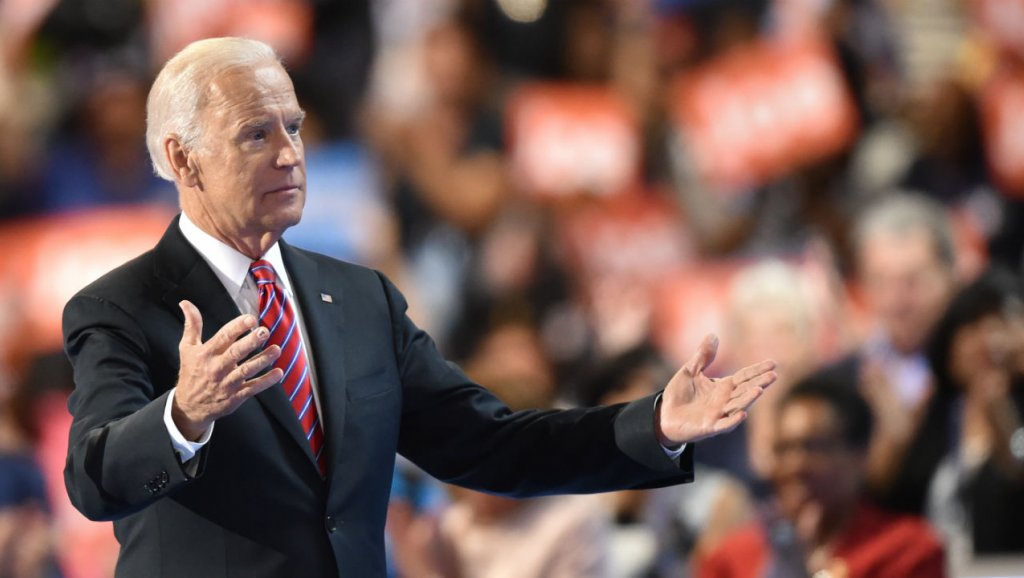US President Joe Biden on Tuesday encouraged Kosovo and Serbia to carry on aiming for "mutual recognition" to resolve a 13-year impasse over the former Serbian province's status.
Serbia refuses to recognise the independence of Kosovo, which seceded in 2008, almost a decade after a NATO bombing campaign forced Serbian troops to abandon their conflict against ethnic Albanian guerrillas.
The two held a high-profile meeting at the White House overseen by former US president Donald Trump last September, but the stalemate has continued.
-Normalisation of relations with Serbia is essential for Kosovo to realise its potential- Biden wrote this week in a letter of congratulations to newly elected Kosovo President Vjosa Osmani, made public by her office on Tuesday.
Biden said the US would "continue to support efforts to secure a lasting peace", calling for a "comprehensive normalisation agreement" that would be "centred on mutual recognition".
Osmani was chosen as leader earlier this month after a landslide election victory in February.
The US president used the opportunity to recall his family's links with Kosovo -- noting that his son Beau, who died in 2015, had worked there after the 1999 NATO campaign.
The Kosovo authorities named a highway next to a US military base after Beau Biden in 2016, with his father attending the inauguration.
Muslim-majority Kosovo is considered one of the most pro-American parts of the world, with a statue of President Bill Clinton, a boulevard named after former President George W. Bush and a bust of former secretary of state Madeleine Albright.
Kosovo has been recognised by more than 100 countries but Serbia still considers the territory as its southern province, and is supported by Russia and China.
The two sides have negotiated under EU auspices since 2011 but a solution to the status dispute has remained out of reach.
